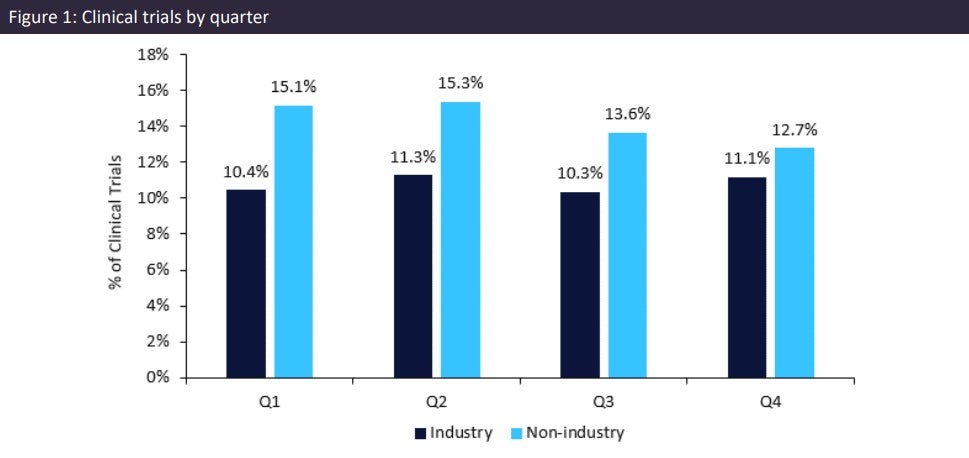Public health authorities have become increasingly concerned over the intensifying effects of climate change. Among the most notable public health challenges brought on by climate change is the growing frequency and severity of tropical storms and hurricanes. While the loss of life and widespread property damage are their most acute effects, a recent publication in the Journal of the American Medical Association (JAMA) by Bell and colleagues suggests that hurricanes also impact mortality among Alzheimer’s disease and related dementia (ADRD) patients, a vulnerable population that exhibits high dependency on caretakers, in their aftermath. The study, which considers ADRD-related mortality rates among patients living in US counties affected by hurricanes Irma, Florence, and Harvey, finds a correlation between hurricane exposure and higher mortality among ADRD patients residing in afflicted areas. GlobalData epidemiologists project a rise in diagnosed prevalent cases of both dementia and Alzheimer’s disease, stressing the importance of mitigating the risks to this vulnerable population in areas prone to tropical activity.
Bell and colleagues conducted this retrospective study using the Medicare administrative claims data of 347,171 individuals over 65 years of age, all of whom lived in one of 139 counties under a Federal Emergency Management Agency (FEMA) disaster declaration for hurricane activity. The data was compared against a control group of 352,616 individuals living in counties without a disaster declaration. Among these cohorts, 54,340 individuals passed away in the year following a hurricane in affected counties. As seen in Figure 1 (above), analysis showed a risk attributable to hurricane exposure per 1,000 population at 1.32 for exposed patients compared to 0.63 among those who were unexposed. Moreover, all-cause mortality in the ADRD population peaked between three and six months following each of the three observed hurricanes. Given the novelty of their research, the authors call for further study into the possible links between natural disasters and mortality among ADRD patients. While initial analysis indicates a correlation between these variables, a greater body of research into parsing this relationship from potential confounding factors as the influence of patient race, socioeconomic status, and gender on mortality.
The novel research conducted by Bell and colleagues draws attention to the growing role of natural disasters in the management of ADRD, highlighting the imperative for further research and proactive policies. Climate experts warn that areas already vulnerable to hurricanes are expected to experience a higher quantity of severe tropical storms and hurricanes. Furthermore, GlobalData epidemiologists project that diagnosed prevalent cases of dementia in the US will rise from nearly 3,276,000 to almost 4,394,000 between 2018 and 2028 while diagnosed prevalent cases of Alzheimer’s disease will increase from approximately 2,068,000 to over 2,804,000 during the same period. The growing disease burden of ADRD, in conjunction with the increased risk of severe weather patterns, reveals the crucial need for ADRD care plans that acknowledge the complications imposed by climate change in vulnerable localities. Such clinical interventions may include increased emotional support and intensive health monitoring in the wake of natural disasters. Furthermore, streamlined evacuation timelines for ADRD patients should be coordinated with local emergency preparedness authorities as well to expeditiously reduce the risk of patient exposure. Finally, Bell and colleagues’ study should be emulated and adapted by scholars to develop a more expansive understanding of the intersection of climate change and chronic disease epidemiology in order to inform more comprehensive policy interventions.






